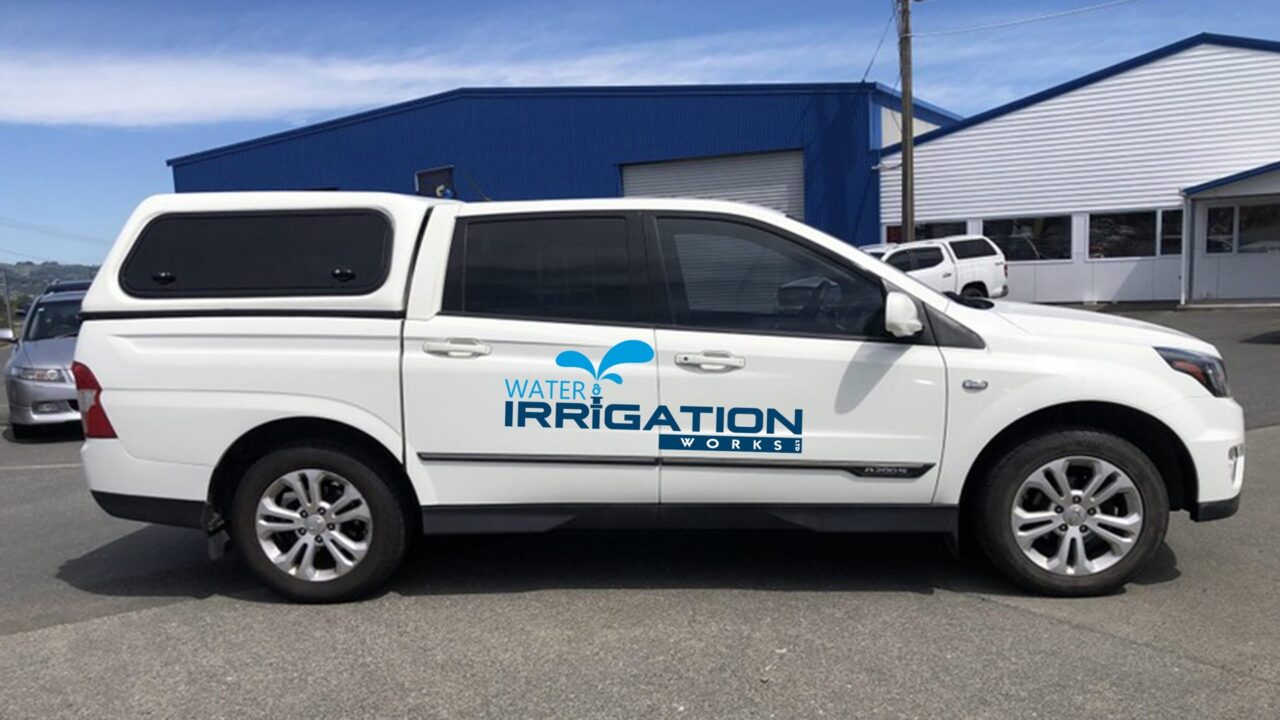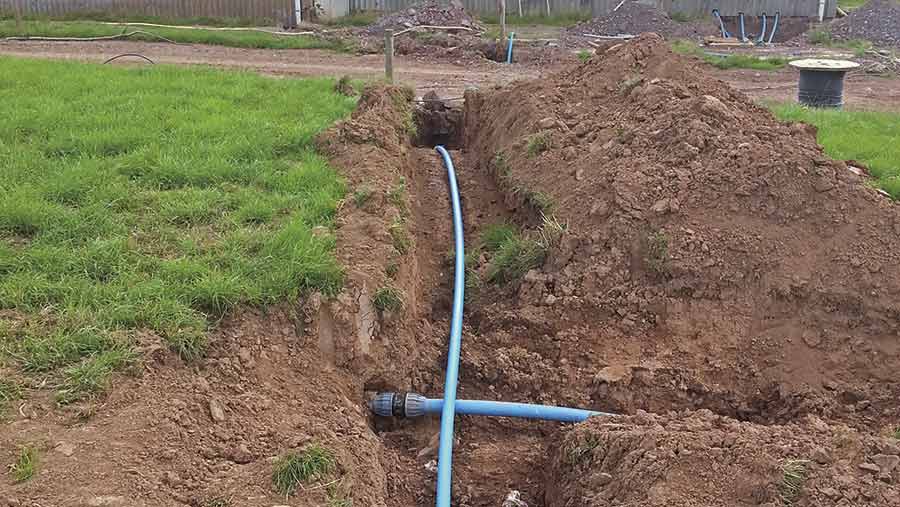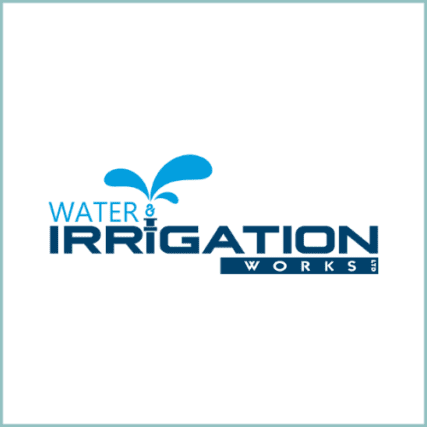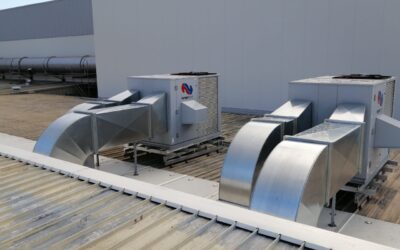Securing safe and reliable irrigation water is a fundamental need for horticulture and agriculture, but rural water supply brings environmental and regulatory compliance risks. As sustainability concerns around freshwater rise, oversight of farm usage, permits, metering, and reporting has increased. For growers focused on production, navigating this complex and evolving regulatory landscape around water allocation and quality can be daunting. However, by taking a proactive partnership approach, companies like Katikati-based Water and Irrigation Works are helping farmers implement solutions to meet compliance while still efficiently irrigating crops.
Key Rural Water Regulations
In New Zealand, multiple agencies and statutes at central and regional levels impose permitting requirements, usage restrictions, monitoring, and other rules on agricultural water sources like streams, rivers, lakes, and groundwater. Key national regulations include:
- Resource Management Act – Regulates taking, using, damming, and diverting freshwater through regional plans. Usage permits required.
- National Policy Statement for Freshwater Management – Set standards for water quality, flows, and ecosystem health that regional councils must uphold in granting permits.
- Resource Management (Measurement and Reporting of Water Takes) Regulations – Requires measurement and reporting of water usage amounts for all consented takes.
Regional councils then develop plans that interpret these national policies based on local catchment conditions and priorities. Common regional requirements include:
- Water permits – Applying for and maintaining permits to take surface or groundwater for irrigation, with usage limits based on river/aquifer capacity.
- Water metering – Installing certified water meters to measure and report volumes used for compliance and inform variable rate irrigation.
- Nutrient budgeting – Tracking nutrient application to demonstrate practices to avoid leaching into waterways.
- Environmental farm plans – Documenting actions taken to mitigate farm runoff risks.
This complex matrix of regulations is constantly evolving, requiring farmers to regularly check for updates that may affect operations and compliance. Changes typically involve reduced allocations and tightened monitoring to improve environmental performance over time.
Water and Irrigation Works Solutions
Water and Irrigation Works offers integrated solutions to help growers navigate regulatory requirements while improving productivity and sustainability. Their offering includes:
- Smart water meters – Provides high accuracy measurement of usage from all sources to meet metering regulations. Real-time data enables monitoring demand and leaks to avoid permit limit exceedances.
- Soil moisture sensors – Demonstrate responsible use by irrigating based on actual crop needs, not just permit allotment. Can document reduced usage.
- Irrigation management software – Automates and documents precise irrigation practices tailored to crop growth stages, weather patterns, and soil conditions.
- Variable rate irrigation – Optimizes water application within fields to precisely match soil types, crop needs, and permit limits in each zone. Minimizes non-beneficial usage that can impact permits.
- EnviroPlan package – Combines the above technologies with cloud data storage and analytics tools to generate usage reports and provide evidence of efficient practices for audits. Farm environment plans can pull documentation from the platform.
This integrated compliance solution provides several advantages over a piecemeal approach:
- Holistic insights into water volumes used, crop requirements, and equipment performance to identify optimization opportunities that both increase production per unit of water and demonstrate responsible usage.
- Automated metering and recordkeeping reduce manual reporting burdens and provide timely usage data to avoid exceeding allocations.
- Variable rate application ensures available allocation is used precisely matched to crop irrigation needs, not wasted.
- Documentation of best practices aids new or renewed permit applications and environmental farm planning.
Partnering for Compliance
In addition to integrated technology solutions, Water and Irrigation Works partners directly with regional councils to streamline information sharing and compliance. The company’s data platforms provide transparency into real-time usage while still protecting grower privacy. This allows councils to remotely audit that permit limits and practices meet conditions without labour-intensive farm visits.
The company also collaborates to pilot innovative metering, use reduction, and variable rate irrigation initiatives that inform smarter regulations. By demonstrating the potential to improve both regulatory compliance and farm productivity, Water and Irrigation Works aims to bridge the perceived gap between environmental sustainability and profitable agriculture.
With freshwater availability declining globally, both improving use efficiency and complying with regulations are imperative for the future of farming. By approaching compliance as an opportunity to optimize irrigation through technology and collaboration, companies like Water and Irrigation Works are leading the way to a more modern approach to rural water management. Their solutions help farmers focus on growing while meeting water regulations.








